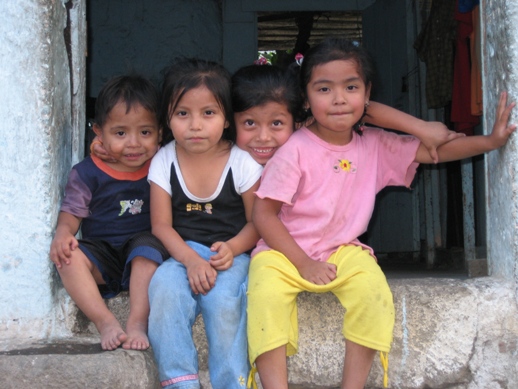Mejorando el acceso de la salud materna al cuidado médico a través de un modelo de Casas de Nacimientos en Haití rural: su impacto en la sobrevivencia neonatal
Palabras clave:
acceso a la atención sanitaria, clínicas de parto, atención de salud materna, atención de salud neonatal, barreras a la atención de salud, salud comunitaria, historias clínicas electrónicas, obstetriciaResumen
La alta mortalidad neonatal en Haití está vinculada al acceso limitado que tiene la población, particularmente la rural, a servicios médicos durante la maternidad. En este estudio investigamos la viabilidad del modelo “Casa de nacimientos” para la población rural, con el fin de brindar servicios básicos prenatales, de parto y perinatales a mujeres con embarazos sin complicaciones y, de manera simultánea, ofrecerles asesoría en la toma de decisiones y transporte a mujeres con complicaciones. El modelo consideró el contexto local, incluyendo las percepciones que las mujeres tienen sobre las barreras para el acceso a los servicios médicos y a los recursos disponibles para implementar cambios. Los métodos de evaluación incluyeron la realización de un censo comunitario y la recolección de historias sobre los embarazos de 791 mujeres que se encontraban viviendo en un área definida del Haití rural. Estos datos retrospectivos fueron comparados con los resultados del embarazo de 668 mujeres que, de manera subsiguiente, recibieron los servicios de la “Casa de nacimientos”. De 663 mujeres que reportaron embarazos recientes, 562 partos (85%) ocurrieron en el hogar sin la ayuda de algún asistente de salud capacitado. De entre las 668 mujeres a las que se les hizo seguimiento después de la apertura de la “Casa de nacimientos”, 514 (77%) dieron a luz en la casa, 94 (14%) fueron referidas a un hospital regional para el parto y, únicamente, 60 (9%) dieron a luz en su hogar o camino a la Casa. Otras medidas clínicas y de satisfacción de las pacientes también indicaron cambios positivos en la búsqueda de la atención médica. Además, un menor número de bebés murió durante el periodo neonatal con respecto al pronosticado con la información histórica y las estadísticas nacionales. Por lo tanto, la experiencia presente señala la viabilidad del modelo de Casa de Nacimientos para aumentar el acceso a los servicios médicos de maternidad esenciales.
Descargas
Publicado
Número
Sección
Licencia

Esta obra está bajo una licencia internacional Creative Commons Atribución-NoComercial-SinDerivadas 4.0.

